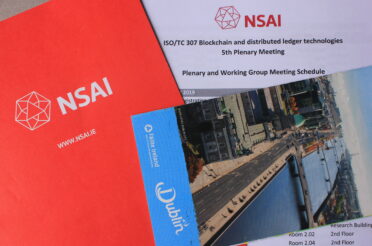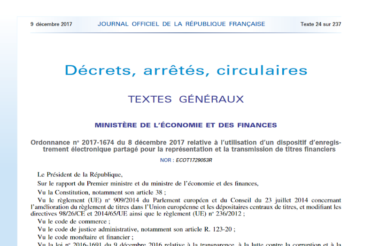On 6 October, the Governors of some 30 Commonwealth central banks, meeting in Lima (Peru), expressed serious concerns about the negative effect of anti-money laundering and anti-terrorism regulations on remittances and discussed the use of new money technologies, such as bitcoin, as a remedy.
According to the Commonwealth's press release, the Governors are concerned that these regulations are having a counterproductive effect by causing banks to close the accounts of companies that do not meet the new standards ("debanking"). "Good intentions can have a negative effect," said Aitur Rahman, Governor of the Central Bank of Bangladesh, who chaired the meeting.
Remittances are an important source of income for many Commonwealth countries and a lifeline for millions of families. For example, according to the World Bank, remittances to India are worth $64 billion, far exceeding foreign aid and investment. For a state like Lesotho, these funds represent 41% of its gross domestic product.
During the day, Dr. Garrick Hileman of the London School of Economics briefed the Governors on the latest developments in the field of new money technologies, such as bitcoin. In particular, he explained that while bitcoin transactions were increasing, the technology was still considered unconventional. He suggested the idea of governments creating their own virtual currency, which would allow for greater transparency.
Several central banks expressed concern about the implications this would have for monetary policy and financial stability. They considered it a "futuristic" proposal, which would only be possible in the long term.
For Mr Jwala Rambarran, Governor of the Central Bank of Trinidad and Tobago, the Commonwealth Secretariat will have a central role in sharing knowledge and developing research on the potential and implications of this new technology. "If we decide to regulate virtual currencies, we don't know the risks of financial instability posed by them. This is an area that needs to be carefully defined," he said.
The issues discussed at the meeting are important because in practice cross-border transfers of small amounts are heavily taxed: on $40 transferred, a person can sometimes pay $10-15 in fees. Also, we are seeing more and more money transfers in bitcoins. Individuals can send bitcoins to each other via a simple computer without going through an intermediary: this increases the speed and reduces the costs of the transfer. But when they want to change these bitcoins into local money this is more complicated and the costs are higher.
Furthermore, companies working in the bitcoin sector can have their bank accounts closed because they do not meet the requirements of anti-money laundering and anti-terrorism regulations. This has recently happened in Australia to 17 companies.
So while no decision was made on 6 October, as bitcoin technology is too new and the consequences too uncertain, it seems that we are at the beginning of a shift both in banking regulation, where Commonwealth states are calling for urgent measures to safeguard fund transfers in the face of stringent anti-money laundering and anti-terrorism provisions, and in the use of bitcoin.
It is worth recalling that the Commonwealth is the oldest organisation of states in the world.
Originally made up of the states of the former British Empire, the Commonwealth has gradually opened up to other countries. Today it comprises 53 independent states, including Australia, Malta, Mauritius, India, Pakistan, Mozambique, Canada, the United Kingdom, Lesotho, Seychelles, South Africa, Cyprus, etc. Its overall population is nearly 2.2 billion, or almost one third of the world's population.
Dr. Garrick Hileman is an economist known for his research on monetary innovation and teaches at the prestigious London School of Economics, which trains the elite of British economists. He is a regular contributor to Coindesk, a website dedicated to bitcoin and other digital currencies.
In a decentralised system such as bitcoin, where the "miners" (the producers of bitcoin) are located in the four corners of the world, the question of the regulation of this technology, which according to the different actors must be done with caution, can only be international.
Sources : thecommonwealth.org – Photograph of the Governors' meeting on 6 October 2015 belonging to the Commonwealth and published with its permission.
This article was first published on the site: www.bitcoin.fr






